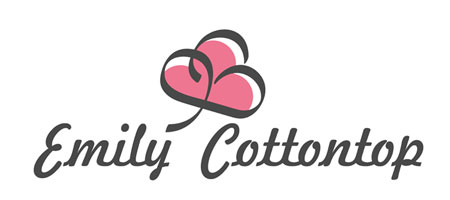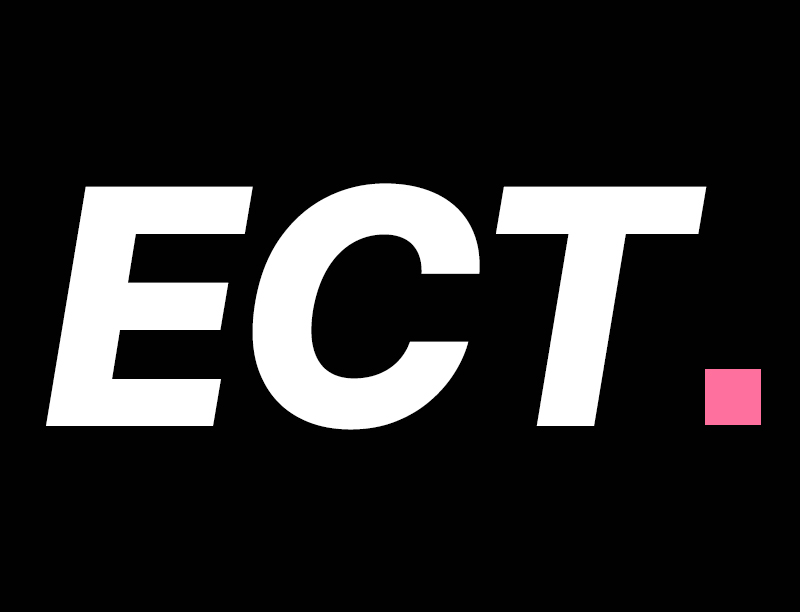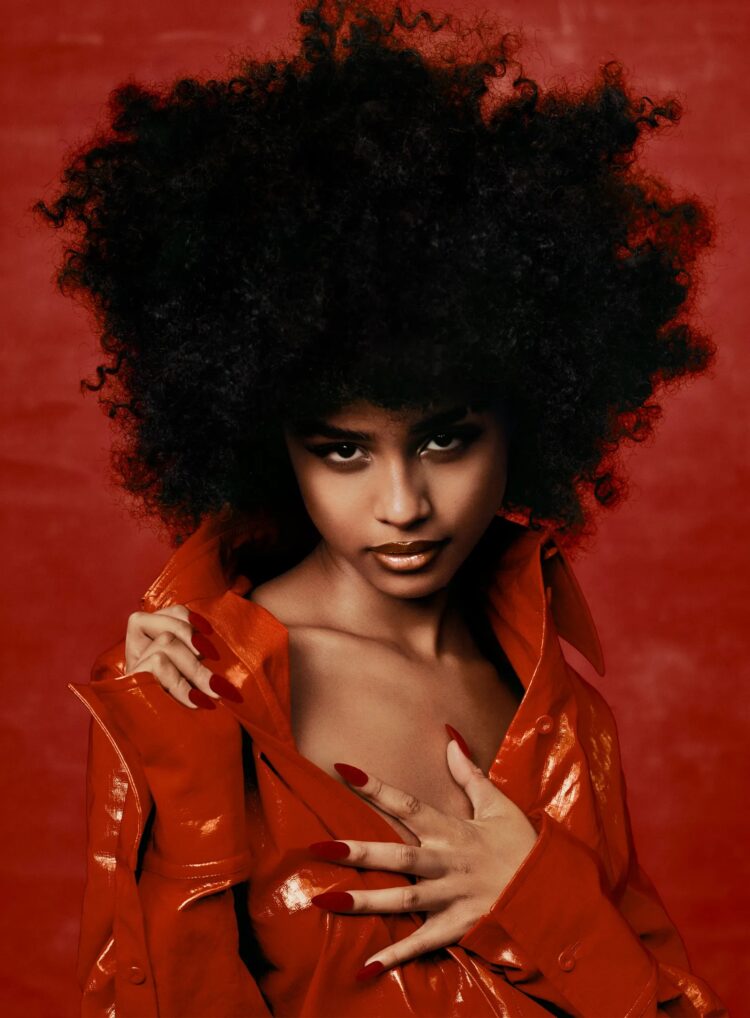Tyla’s rise to global fame began when a live performance of her 2023 hit Water, featuring the Bacardi, a contemporary South African dance style, went viral on social media.
Since then, the 23-year-old has dazzled at the Met Gala, delivered show-stopping performances at the BET Awards, the Victoria’s Secret Fashion Show, and the Billboard Music Awards, and now, graced the cover of British Vogue.
On the surface, her journey appears nothing short of spectacular. However, as Vogue points out, her rise hasn’t been without controversy.
One of the biggest debates surrounding Tyla, especially among Black American audiences, has been her choice of words when describing her racial identity.
Related: Tyla Has Taken The World By Storm! Here’s Everything You Should Know About Her
Tyla’s Battle With Identity
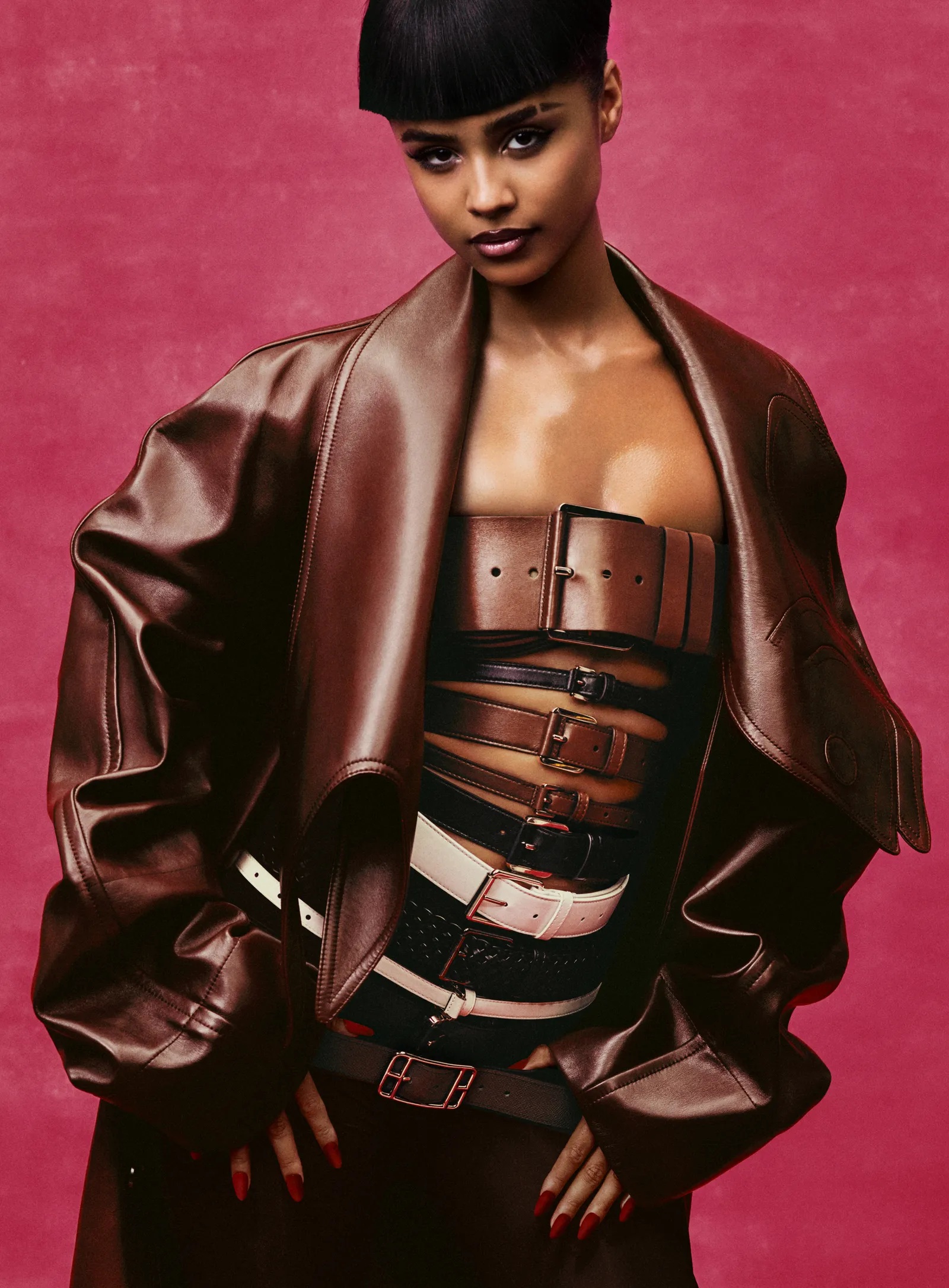
The conversation started in 2023 when a resurfaced video from 2020 showed her proudly calling herself a “coloured (colored) South African.”
For context, while the term coloured (or colored) is widely accepted in South Africa, it carries a vastly different and very painful meaning in the United States.
The term is deeply tied to the racist Jim Crow era when it was used to segregate and oppress Black people even after slavery had officially ended.
So, for many Black people, Tyla’s use of the word felt like an insinuation of superiority over Black people and a way of perpetuating racial hierarchies.
She was accused of distancing herself from her people and denying her Blackness altogether.
And although the Push 2 Start singer meant no harm—South Africa’s Population Registration Act of 1950 required citizens to be classified as white, native, or coloured (a category largely made up of descendants of enslaved mixed-heritage people)—it didn’t stop people from dragging her name online and forcing her to repeatedly defend her identity.
“Honestly, I felt like I had no…no control. People took it and…it just went so far that I didn’t know what to do,” Tyla told Vogue of the backlash.
“The way people painted me… and I understand that word is a sensitive word to people, so I don’t blame people for being touched about it. I just would have wanted an opportunity for people to actually truly listen and learn.”
The Breakfast Club Interview Controversy
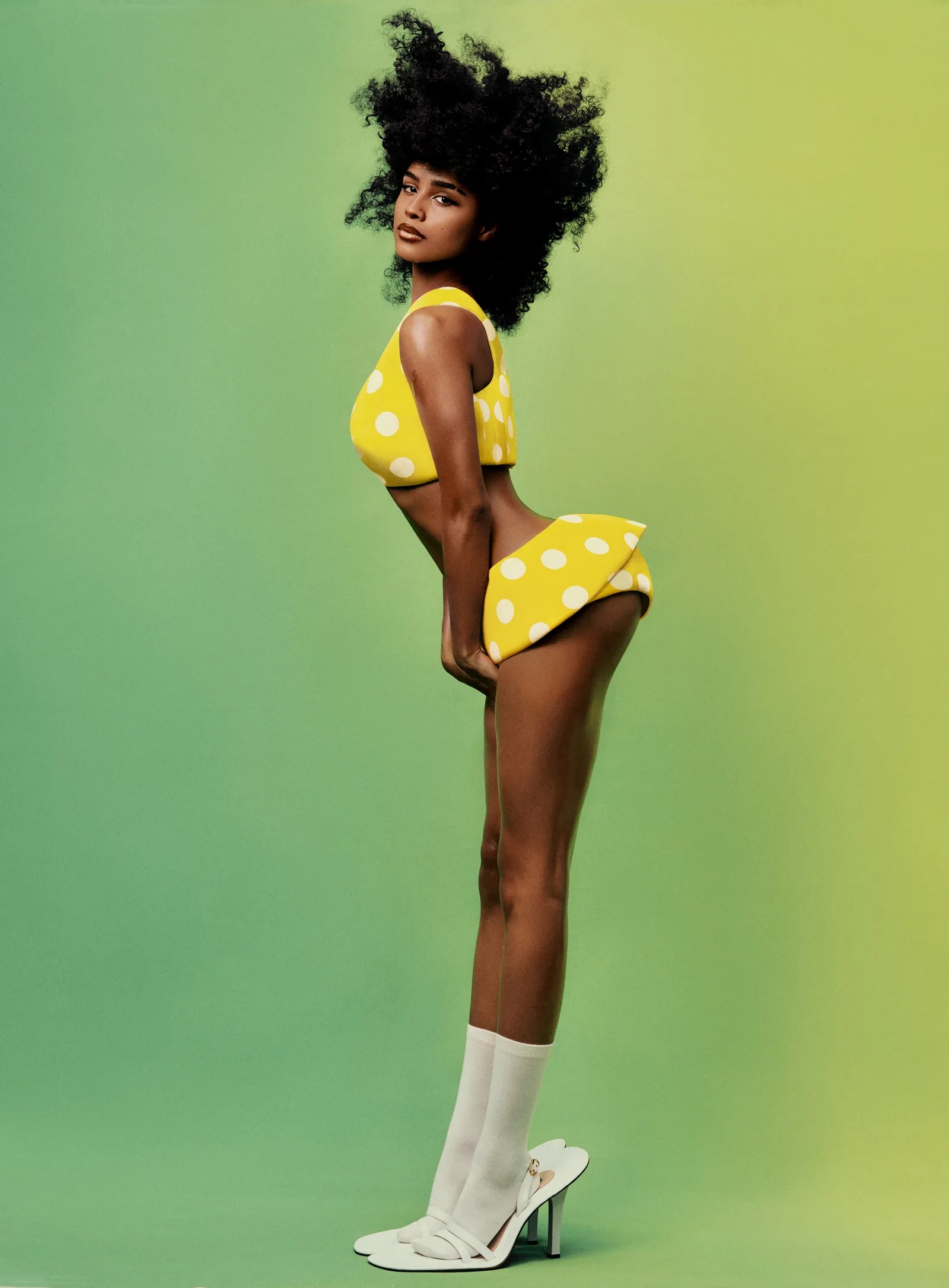
The topic came up again in June 2024 during a radio interview with host Charlamagne Tha God.
When asked about her comments, Tyla and her team shut down the conversation, which only exacerbated the matter. Despite the backlash, she stands by her words.
“Me choosing not to say anything, I’m happy that I didn’t. I didn’t want to explain my culture and something that is really important to me on a platform that is just going to be purposefully misconstrued,” she said. “I’ve explained it a lot of times before, but people took that and put words in my mouth. They said a whole bunch of things that I never said and ran with it.”
“If people really searched, they’ll see that in South Africa we had a lot of segregation. It was bad for a lot of us. They just classified us. And that just so happens to be the name that the white people called us,” she added.
“They chose to call people that were mixed ‘coloured.’ And I’m not gonna lie, it was hard because all my life, obviously I knew ‘I’m Black’ but also knew that ‘I’m coloured.’ So when I went to America and people were like, ‘You can’t say that!’ I was in a position where I was like, ‘Oh, so what do I do? What am I then?’”
Her Struggle With Identity Started Way Back When
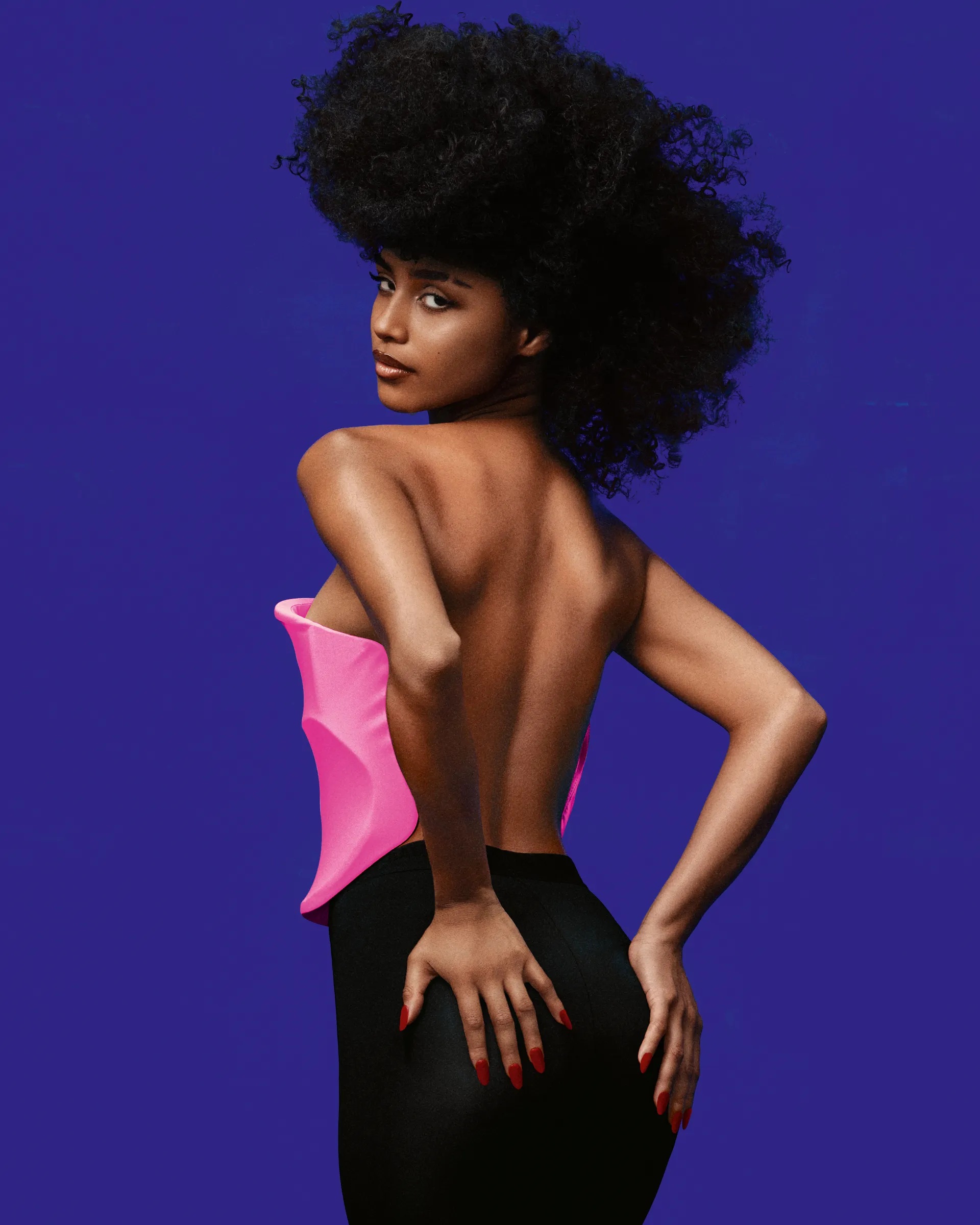
During her interview with British Vogue, Tyla opened up about the first time her identity was questioned.
She recalled being bullied in school for her hair texture and skin tone, with students saying, ‘Your hair’s so poofy,’ ‘It looks better straight,’ and ‘Look how much darker you are!’”
“I went to a very white primary school,” she shared. “I really hated myself. And then I went to high school, which was predominantly Black and cultured, and that’s where I actually grew to love myself and became really proud of who I am.”
Tyla says she has since made peace with things, and while the debate over her identity hasn’t fully died down, she knows exactly who she is.
“You know that even if you give the best explanation, people will still choose not to understand. But I’m at a point where I know who I am,” she said.
“I know I’m a Black woman and I know I’m a coloured woman as well and you can be both. And the people that care to learn, they understand now. And that’s enough for me.”
